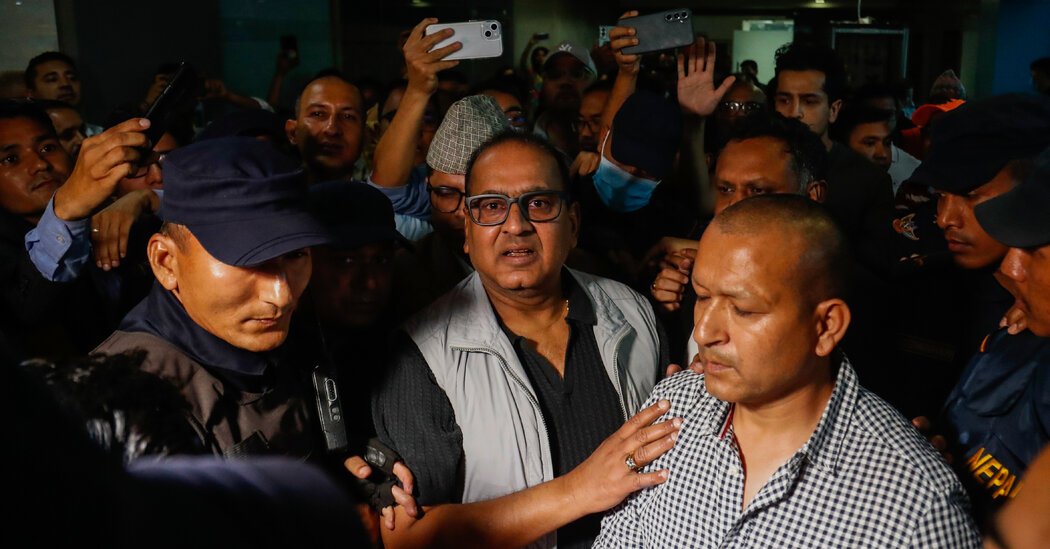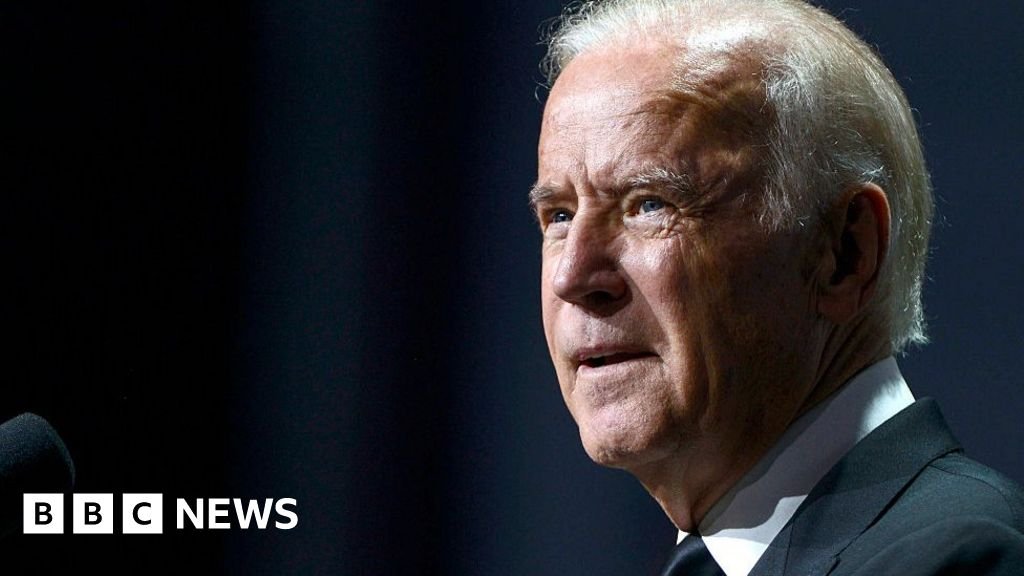In a region sliding toward authoritarianism one country after another, the small Himalayan nation of Nepal was a shining exception.
Political debates remained largely free, and the powerful could easily be questioned. That openness, in a poor country emerging from centuries of monarchical suppression and decades of insurgency, showed that democratic expression need not necessarily be correlated to economic status.
But the arrest last month of the owner of the country’s largest media conglomerate has raised fears about the Nepali government’s commitment to free speech, and about whether the country is now going the way of its South Asian neighbors Pakistan, Bangladesh and India.
The executive, Kailash Sirohiya, was detained nearly two weeks ago in a thinly veiled act of retaliation by Nepal’s powerful home minister, Rabi Lamichhane. The minister had been the subject of intensely negative coverage by the Kantipur Media Group, owned by Mr. Sirohiya.

The company’s news articles had disclosed that Mr. Lamichhane, a popular television host before he turned to politics, had broken the law by serving in Parliament while maintaining citizenship in a second country, the United States.
Mr. Lamichhane resigned but then returned months later to Parliament, and to the helm of the Ministry of Home Affairs, after addressing the citizenship issue. Kantipur continued to examine Mr. Lamichhane’s actions, however, later reporting accusations of embezzlement against him.
The media group was not the only one to publish critical reports about Mr. Lamichhane, but it has the widest reach. The company owns Kantipur, the most widely circulated Nepali-language newspaper, and its English-language sister publication, The Kathmandu Post, as well as television and radio channels and magazines.
The authorities arrested Mr. Sirohiya “with a vindictive attitude,” said Yubaraj Ghimire, the editor of a news website in Nepal. “The government has given a message: If you criticize the government, it muzzles you.”
The nature of Mr. Sirohiya’s arrest indicates that he was deliberately targeted.
A person filed a complaint saying that Mr. Sirohiya had a citizenship number — every Nepali is issued one — that was the same as his own. While such an accusation is serious, there have been many cases of irregularities under Nepal’s arcane citizenship system, some involving judges and generals.
What is different in Mr. Sirohiya’s case is that he was arrested and detained before the facts were established. In previous cases, investigations were first conducted to determine whether the problem was the result of a clerical error or wrongdoing like forgery.
On May 21, dozens of police officers, led by a senior superintendent, arrived at the Kantipur offices and loaded Mr. Sirohiya into a van. He was driven out of Kathmandu, Nepal’s capital, overnight, to Dhanusha, a district bordering India, where he remained in custody until Thursday.
Visiting Kathmandu while on a trip to the region, Amnesty International’s general secretary, Agnès Callamard, criticized the government’s decision to place Mr. Sirohiya in custody, saying that the charges had not required doing so.
The target of Kantipur’s critical reporting, Mr. Lamichhane, is the home minister in a coalition government in which multiple parties have a stake. Mr. Sirohiya’s arrest, analysts said, suggested unity among the parties in their view of the free press as a thorn in their side. The delicate balance that had defined Nepal may now be tilted toward the political class, they said.
Santosh Pariyar, a leader of Mr. Lamichhane’s Rastriya Swatantra Party, rejected any suggestion that the arrest had been revenge for critical news coverage. He said it was “mere coincidence” that Mr. Lamichhane had “reached a conclusion” that Mr. Sirohiya had violated Nepali citizenship laws.
“We know well how important the press is for democracy,” Mr. Pariyar said.
Nonetheless, the arrest has had a chilling effect, prompting concerns that the country could be returning to dark days it appeared to have left behind.
During the monarchy, which ended in 2008 after the last king, Gyanendra Shah, was forced out by protests, the press was censored and journalists were frequently jailed.
But Nepal’s new Constitution, establishing a parliamentary democracy, ensured full press freedom. A vibrant civil society pushed back against any attempt to curtail speech and remained vociferous in holding the powerful to account.
One of the Maoist rebels who pushed to oust the monarchy, Pushpa Kamal Dahal, known as Prachanda, is now the prime minister and the leader of the coalition in which Mr. Lamichhane serves as a minister. Even some of Mr. Dahal’s onetime supporters have criticized him over Mr. Sirohiya’s arrest.
“I’m ashamed to even see Prachanda following Gyanendra’s path after taking King’s place,” Baburam Bhattarai, a former Maoist leader and prime minister, wrote on X.
Mujib Mashal contributed reporting from New Delhi.










